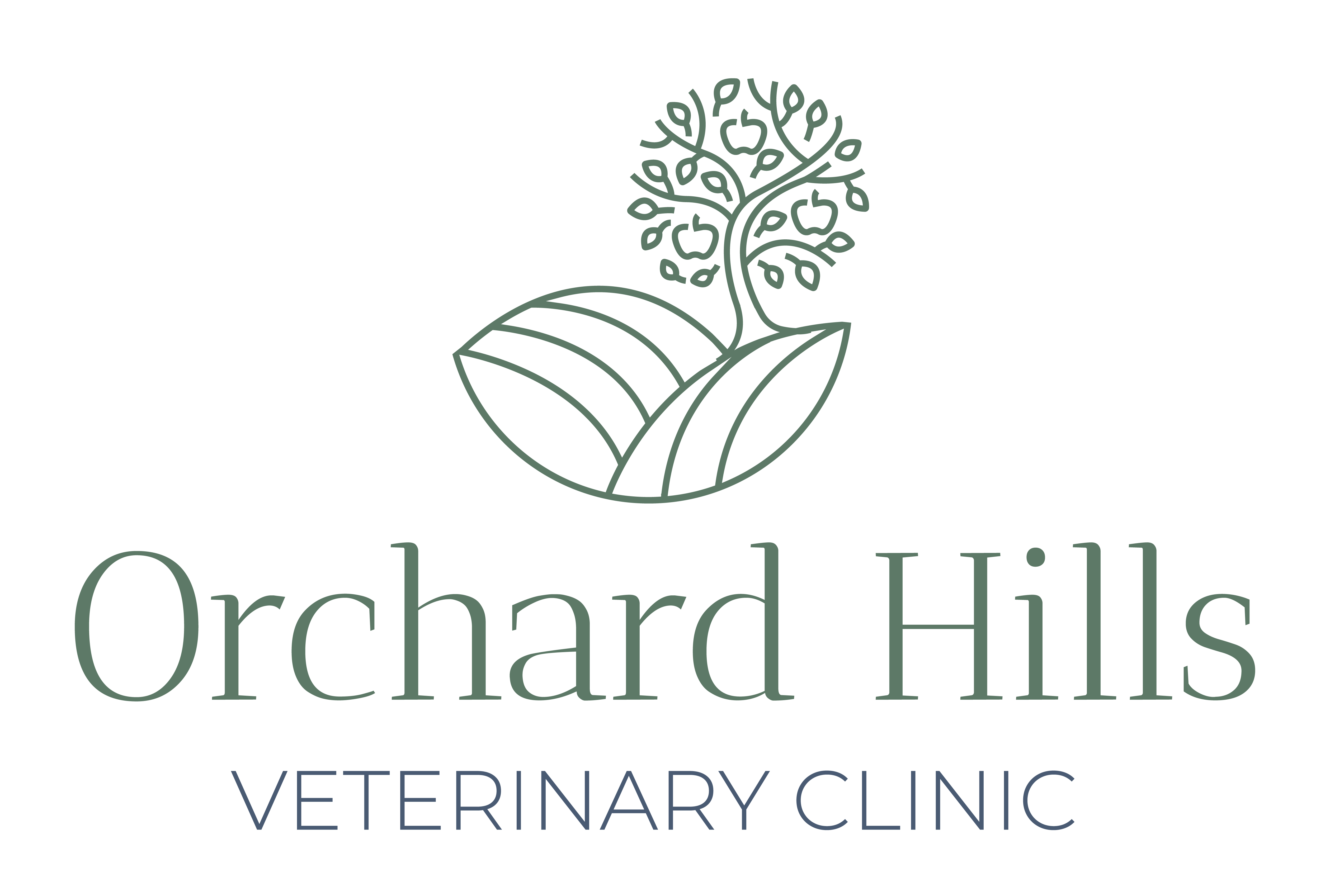Library
-
Ketoconazole otic is an antifungal used in the treatment of external ear infections (otitis externa) caused by yeast in cats, dogs, and other animals. Ketoconazole otic comes in ointment or liquid drop suspension forms that may be specially compounded and/or combined into a formulation with other medications.
-
Ketoconazole topical is an antifungal used in the treatment of skin infections caused by fungal organisms in cats, dogs, and other animals. It comes in a variety of forms that may be specially compounded and/or be combined with other medications.
-
Ketoprofen is given by mouth in the form of a capsule or tablet to treat pain and inflammation in dogs and horses. It’s use in animals is off label. Do not use this medication in pets that are allergic to it, or in pets concurrently using corticosteroids or other NSAIDs. If a negative reaction occurs, call your veterinary office.
-
Ketorolac is applied topically to the eye to treat pain and inflammation of the eye. Its use in dogs and cats is off label. Do not use this medication in pets that are allergic to it. If a negative reaction occurs, call your veterinary office.
-
L-Theanine (Anxitane®, Composure®) is a nutritional supplement used to treat anxiety and environment-induced stress in dogs and cats. It is an amino acid found in green tea that promotes relaxation without causing drowsiness. L-Theanine is not intended for use in animals with severe phobias or separation anxiety, or in animals with a known history of aggression.
-
Lactated Ringer’s solution (also known as LRS, Ringer’s Lactate) is a fluid and electrolyte (salts) replacement solution used to correct fluid and electrolyte imbalances in cats, dogs, birds, pocket pets (small mammals), and other animals. Lactated Ringer’s solution comes in injectable form, usually given subcutaneously for at home administration.
-
Lactulose is used off label and is given by mouth to treat high blood ammonia levels and constipation in dogs, cats, birds, and reptiles. The most common side effects are diarrhea, bloating, gas, and abdominal cramping. Do not use in pets that are allergic to it or in pets with intestinal blockage/obstruction.
-
Latanoprost ophthalmic is applied in the eye and is used off label to treat elevated eye pressures and glaucoma. Give as directed by your veterinarian. Side effects include a burning or stinging sensation, mild eye redness, growth of eyelashes, or color change of the iris or around the eye. Do not use in pets that are allergic to it, or with eye inflammation (uveitis). If a negative reaction occurs, please call your veterinary office.
-
Leflunomide is an immunomodulating agent used to treat certain immune-mediated conditions in cats and dogs. It is used off label (extra label) in veterinary medicine. Leflunomide comes in a tablet form that may be specially compounded into a liquid. Wear gloves when handling and do not handle if pregnant or nursing.
-
Levetiracetam is given by mouth or injection and is used off label to treat seizures and epilepsy. Give as directed by your veterinarian. Common side effects include sleepiness and incoordination in dogs and decreased appetite, incoordination, drooling, and sleepiness in cats. Do not use levetiracetam in pets that are allergic to it. If a negative reaction occurs, please call your veterinary office.

